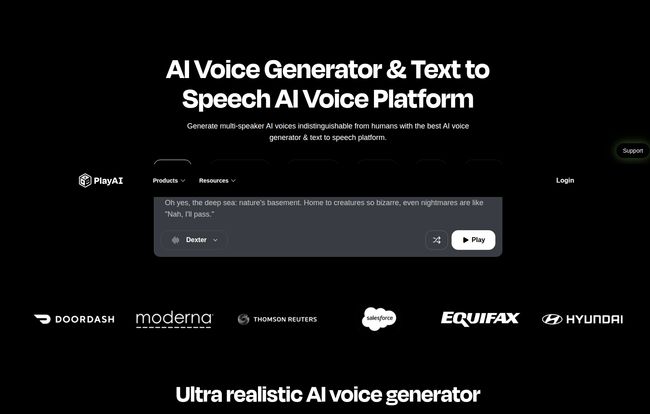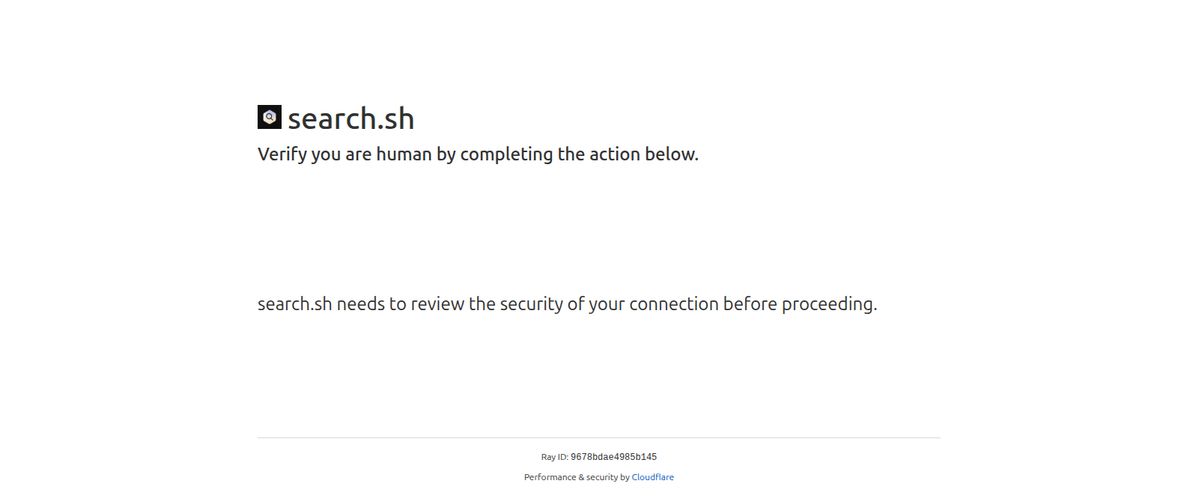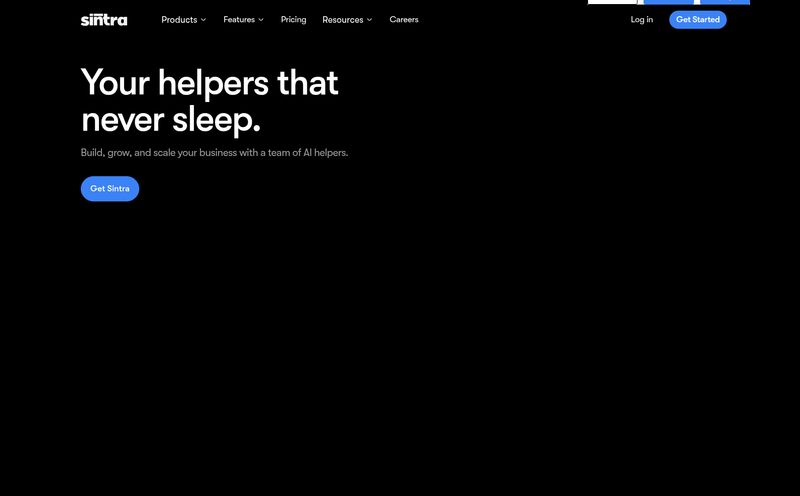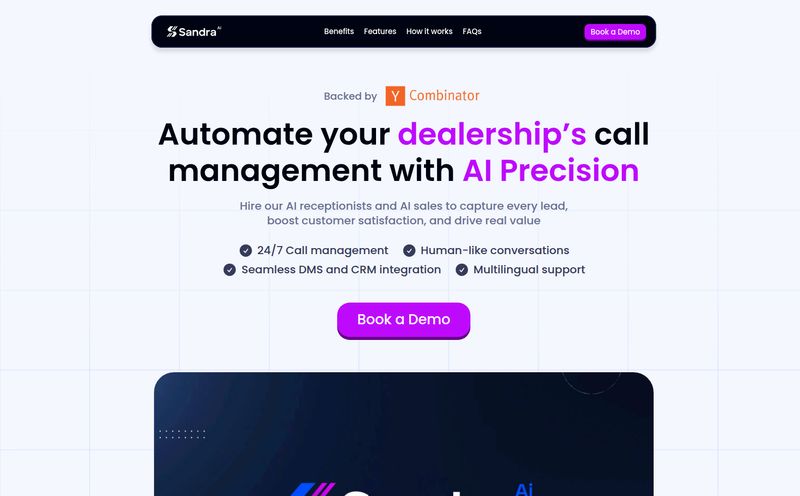We’ve all been there. Stuck in an automated phone menu, desperately shouting “Speak to an agent!” at a voice that sounds like it’s been gargling gravel. Or listening to a YouTube video where the narration is so painfully monotone you can practically hear the ones and zeros. For years, text-to-speech (TTS) has been… functional. But it’s never been particularly human.
It’s always lacked that certain spark. That natural ebb and flow of a real conversation. The little pauses, the changes in energy, the ability to handle someone cutting in. Well, I’ve been playing around with a platform that might just be changing the game, and I have to talk about it. It’s called PlayAI, and it’s less of a text-reader and more of a conversation partner.

Visit PlayAI
So, What Exactly Is PlayAI?
On the surface, PlayAI is a real-time conversational voice AI platform. But that’s a mouthful of jargon. What does it actually do? Imagine you’re building an AI assistant. Most tools would let you give it a voice that reads out pre-written lines. PlayAI goes a step further. It’s designed to create voice agents that can have genuinely fluid, natural-sounding conversations in real time.
Think of it like the difference between a scripted NPC in a 90s video game and a dynamic character in a modern RPG. One recites its lines no matter what; the other reacts to you. PlayAI is built for reaction. It can handle turn-taking, understand when it’s being interrupted (a huge deal!), and even modulate its vocal energy and emotion to match the context of the chat. This isn't just about reading words; it's about performing a conversation.
The Features That Actually Matter
Every tool has a laundry list of features, but a few of PlayAI's really stood out to me during my testing.
Human-Like Conversation is the Core
This is the real magic. The platform's intelligence isn't just in its voice quality, which is top-notch, but in its conversational awareness. The ability to handle interruptions without getting flustered is something I haven’t seen executed this well in many other places. It makes the interaction feel less like you're talking to a machine and more like you're talking with a responsive entity. It’s a subtle shift, but it makes all the difference for user experience.
Speaking Your Language (and Your Neighbor's)
The world is a big place, and PlayAI seems to get that. With support for over 30 languages and a variety of local accents, its not just for English-speaking markets. I’ve seen so many great tools fall flat because their language support is an afterthought. Here, it feels baked into the core product, which is a massive plus for anyone building applications for a global audience.
Voice Cloning and Custom Agents
Okay, this is where it gets really cool. PlayAI lets you create voice clones. You can create an “instant” clone with just a short sample, or even a “professional” clone for higher fidelity. This opens up so many doors for personalized branding, content creation, and custom applications. Imagine a brand’s chatbot speaking with the actual voice of its founder, or a personalized audiobook narrator. You’re not just picking a voice from a dropdown menu; you can create a truly unique audio identity.
Data Privacy and On-Prem Deployment
For my fellow SEOs and developers working with larger, more security-conscious clients, this one’s for you. PlayAI offers on-premise deployments. This means all the data can be processed on a company's own servers, which is a non-negotiable for industries like healthcare or finance. It shows a serious understanding of enterprise needs, and it's a major trust signal in my book.
Let's Talk Money: The PlayAI Pricing Breakdown
Alright, the part everyone's secretly scrolling down to find. The price. Technology this advanced is rarely free, but PlayAI has a surprisingly flexible pricing structure. I found it a bit confusing to navigate their site at first (sometimes it felt like I'd hit a dead end, a 'page not found' moment if you will), but the actual plans are pretty straightforward once you lay them out.
The good news? There's a Free plan. And it's not a useless teaser, either. You get 30 minutes of speech credits and one instant voice clone. It’s more than enough to get your hands dirty and see if the tech lives up to the hype.
Here’s a rough breakdown of their paid tiers. It gets pretty granular, which I appreciate.
| Plan | Price per Month | Key Features |
|---|---|---|
| Free | $0 | 30 speech minutes, 1 instant voice clone, 1 private agent. |
| Starter | $9 | 50 speech minutes, 10 instant voice clones, 3 concurrent conversations. |
| Creator | $49 | 300 speech minutes, 50 instant voice clones, 1 professional voice clone. |
| Pro | $99 | 700 speech minutes, 500 instant voice clones, 3 professional voice clones. |
| Scale | $299 | 2500 speech minutes, 1000 instant voice clones, 5 professional voice clones. |
| Business | $999 | 11000 speech minutes, 2000 instant voice clones, 10 professional voice clones. |
| Enterprise | Custom | Volume discounts, SLA, hands-on support, model finetuning, API access. |
My take? The pricing scales logically. The jump from plan to plan might seem steep, but the resources you get (especially the number of voice clones and concurrent conversations) increase substantially. The Creator plan at $49 feels like the sweet spot for serious content creators and small businesses. The higher tiers are clearly aimed at large-scale call centers and enterprise applications, and the pricing reflects that value.
Who Is This Really For?
This isn’t just a toy for tech enthusiasts. I can see clear applications across several industries:
- Customer Service Automation: Building voice agents that don't make customers want to tear their hair out. This is the big one.
- Content Creation: High-quality voiceovers for videos, podcasts, and e-learning modules without hiring a voice actor for every single line.
- Gaming and Entertainment: Creating more believable and interactive non-player characters (NPCs).
- Accessibility: Developing advanced screen readers and assistants that provide a more pleasant and natural listening experience.
The common thread is any application where the quality and naturalness of the voice interaction directly impacts the user's experience. If you just need a simple announcement bot, this might be overkill. But if you need to build rapport and have a real back-and-forth, PlayAI is a serious contender.
Frequently Asked Questions About PlayAI
What makes PlayAI different from other text-to-speech tools?
The main difference is its focus on real-time, two-way conversation. While many tools excel at reading text aloud (one-way), PlayAI is built to listen, understand interruptions, and respond dynamically, making it feel more like a genuine conversation.
Is the voice cloning feature difficult to use?
In my experience, the instant voice cloning is surprisingly simple. You provide a short audio sample, and the AI does the rest. The professional cloning requires more data for higher quality, but the core process is designed to be user-friendly.
Can I really get started for free?
Yes. The free plan offers 30 minutes of speech credits, which is generous enough to test the core features, clone a voice, and build a basic agent to see how it performs.
What kind of integrations does PlayAI support?
While the specifics would be in their API documentation, the platform is designed to integrate with other tools and apps to automate actions. Think connecting your voice agent to a CRM, a calendar app, or a customer support ticketing system.
Is this technology ready for prime time customer support?
I believe so, especially for tier-one support and information gathering. Its ability to handle natural conversation flow could significantly reduce friction and free up human agents for more complex issues. The quality is there.
Final Thoughts: A Glimpse of the Future
I get to see a lot of tools in this space, and it's easy to become jaded. But every now and then, something comes along that feels like a genuine step forward. PlayAI is one of those things. It's not perfect, and the price point for high-volume usage will be a consideration for many. But the technology itself is deeply impressive.
We're moving away from an era of clunky, robotic commands and into a future of fluid, natural human-computer interaction. PlayAI is a clear signpost on that road. If you're building anything that involves a voice, you owe it to yourself to at least give their free plan a spin. You might just be surprised at how human a machine can sound.
Reference and Sources
- PlayAI Official Pricing Page
- McKinsey & Company: The state of AI in 2023: Generative AI’s breakout year (For context on the growth of generative AI)



